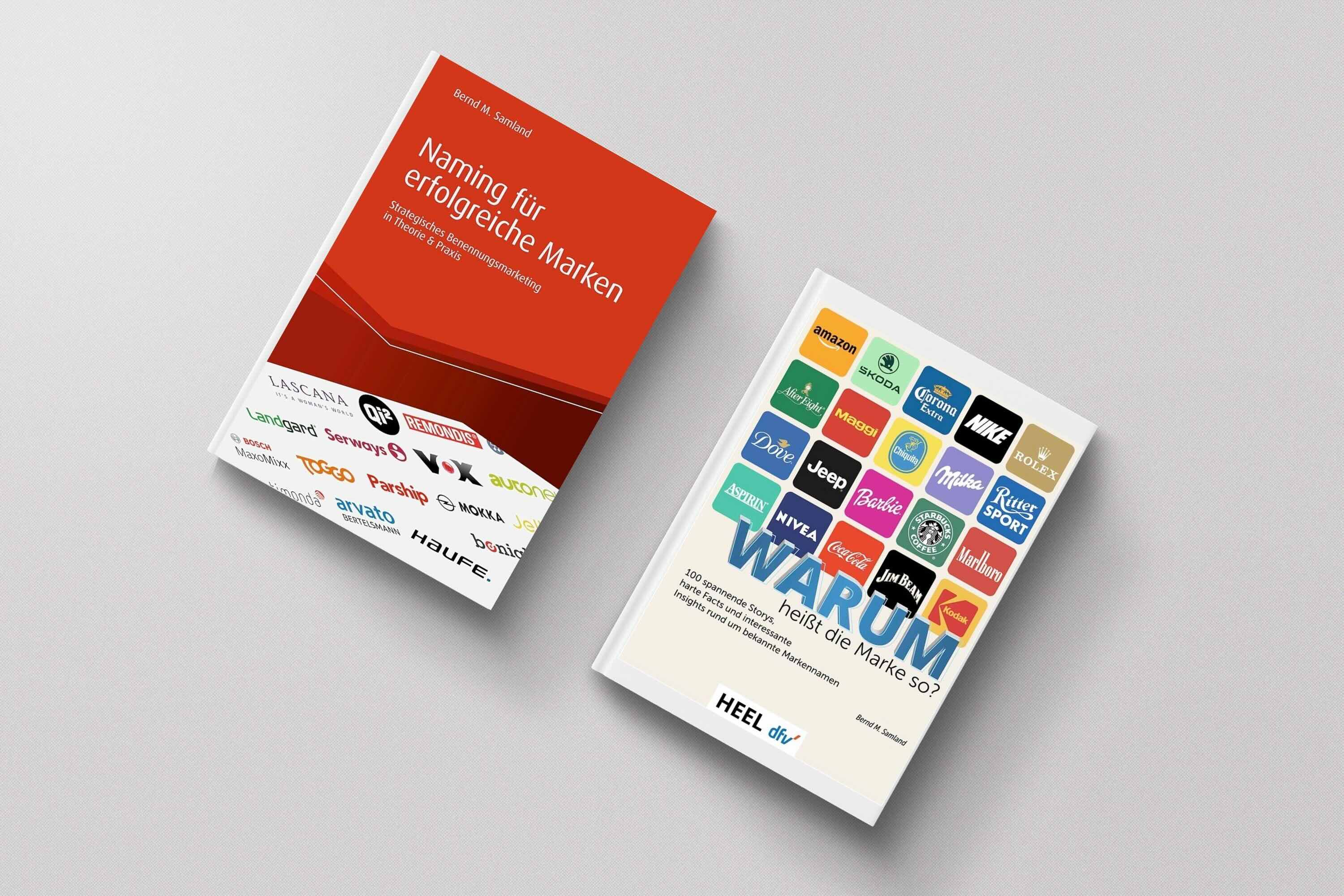Sustainable Leadership: a future-focused certificate

Lorem ipsum dolor sit amet, consectetur adipiscing elit. Suspendisse varius enim in eros elementum tristique. Duis cursus, mi quis viverra ornare, eros dolor interdum nulla, ut commodo diam libero vitae erat. Aenean faucibus nibh et justo cursus id rutrum lorem imperdiet. Nunc ut sem vitae risus tristique posuere.
The Gabler Business Encyclopedia describes the term “leadership” as “interaction-related and behavior-influencing management competence,” which is characterized, among other things, by motivational and persuasive ability.1
In connection with “sustainability”, the direction becomes clear: towards the future.
Sustainability is here to stay
- 71% of German private sector decision makers in companies with over 50 employees attribute an important role to companies in achieving a climate-neutral and sustainable economy.
- 59% agree that companies set an example when it comes to sustainability and contribute to changing social attitudes in the long term.
- 48% assume that companies without a sustainability strategy are not competitive in the long term.2
Therefore, it comes at no surprise that more and more companies are focusing on verbalizing their sustainable goals.
“Do good and talk about it”
It is now a mantra for many who want to make their efforts accessible to a wide audience. At the same time, not all projects and products that companies want to drive forward are useful and credible. Many brands seize opportunities that seem valid but are everything but — and fall into the greenwashing trap.
In Germany alone, there have been almost 30 court rulings on advertising with environmental claims in the last 3 years — more than in the previous 3 decades combined. Less than a quarter of all statements was considered admissible.3
There is a growing number of question marks in the minds of brand leaders:
- Where is the linguistic line between greenwashing and successful sustainability communication?
- What is the correct way to handle naming, claims and labels?
- Which topics are relevant — and which are not suitable for credible positioning?
- In view of the increasing rules, is it even worthwhile to promote sustainable alternatives? Or is greenhushing4 the solution to avoid greenwashing?
Challenge? Accepted!
With the IHK certificate course “Sustainable Leadership”, Evgenia took a deep dive and emerged with the most important framework conditions and tools for sustainability communication, marketing and reporting, all translated into practical concepts.
- What is actually sustainable about marketing? And how can sustainability be used as a strategic tool?
- What are the rules for sustainability reporting and controlling? And what does SDG, CSRD, ESG, LKSG, ESRS,... stand for?
- What is the role of a materiality analysis and how is it carried out? And how are stakeholders identified, analyzed and involved most effectively?
- What needs to be included in a holistic sustainability communication concept? And what does it (aim to) communicate at all?
But it wasn't just gray theory — it was also:
- evenings full of input, ideas and impulses
- smart people with an ambitious goal in mind
- strength reinforced by a sense of community
- thinking outside the box more than once
Buzzwords and green claims, rules and potential, exchange of ideas and even targeted questioning... And the feeling that there is still a lot that can be said and heard. Actions are worth a thousand words. But one thing is clear: we need to talk about sustainability. Now.
1 Gabler Business Dictionary Online, Springer Gabler, as of 03/2024.
2 All three statements: Sustainable Economy Barometer, Civey GmbH, 2023
3 Green Claims Enforcement Tracker, Taylor Wessing, as of 03/2024
4 Greenhushing = deliberate concealment of certain climate strategies or environmental initiatives in order to avoid allegations of greenwashing.


